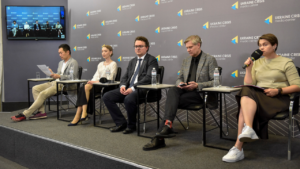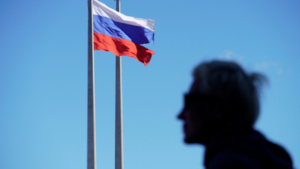MEPs Demand the Release of Abducted Ukrainians in Occupied Territories: Resolution in the Works
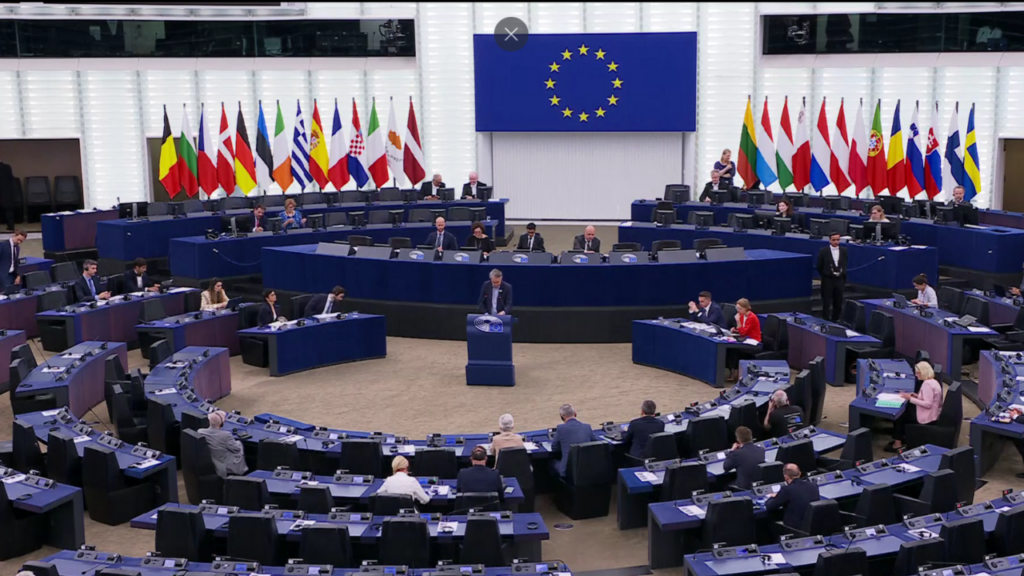
The European Parliament held a debate on the draft resolution “The human cost of Russia’s war against Ukraine: the dramatic situation of illegally detained Ukrainian civilians and prisoners of war.” The document condemns the widespread unlawful detention of Ukrainians, torture, fabricated charges, and inhumane conditions of imprisonment.
Members of the European Parliament (MEPs) spoke alongside representatives of the European Commission under Poland’s presidency of the EU Council. The focus was on the illegal detention of civilians, torture, inhumane treatment of POWs, deportations of Ukrainian children, and Russia’s ongoing attacks on Ukrainian cities.
In her address, EU Commissioner for Enlargement Marta Kos emphasized the horrific consequences of Russian aggression and reaffirmed the EU’s strong support for Ukraine in its pursuit of justice. She also noted that the European Commission supports Ukrainian civil society initiatives that document war crimes, collect victims’ testimonies, and assist the families of civilians illegally detained by Russia.
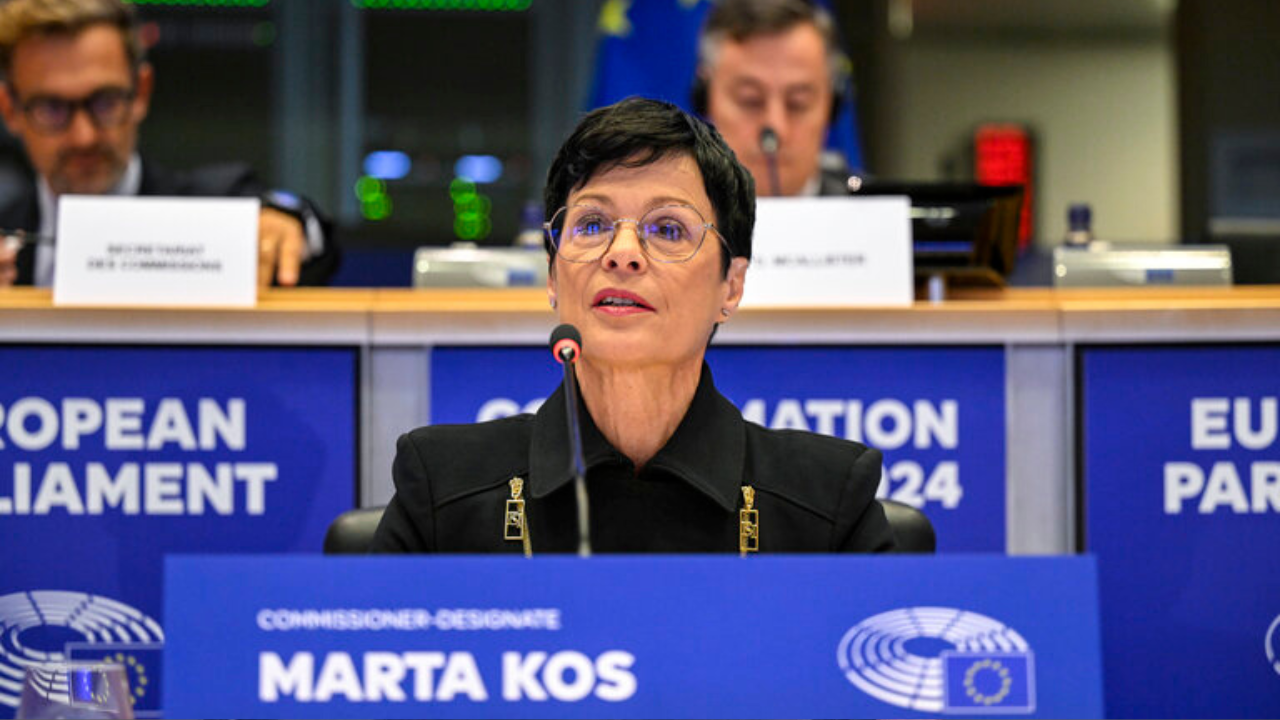
Marta Kos, European Commissioner for Enlargement. Photo: European Union
During the discussion, MEPs—including two members of the Renew Europe group who, at the initiative of MIHR, became ambassadors advocating for the release of specific Ukrainians—shared these individuals’ stories.
Petras Auštrevičius of Lithuania, who has taken patronage over journalist Dmytro Khilyuk, highlighted the scale of Russia’s crimes against civilians and called for accountability. In his speech, he noted that nearly 2,000 Ukrainian civilians are currently known to be illegally held by Russia. Among them is Dmytro Khilyuk, abducted by Russian forces near his home outside Kyiv in March 2022. Since then, he has been held without any contact with the outside world.
Auštrevičius also drew attention to the condition of people returning from Russian captivity:
“The appearance of those who return from Russian captivity says it all—they look like they’ve been through hell. It’s a horrifying repetition of the Holodomor, and of Nazi and Soviet concentration camps all at once.”
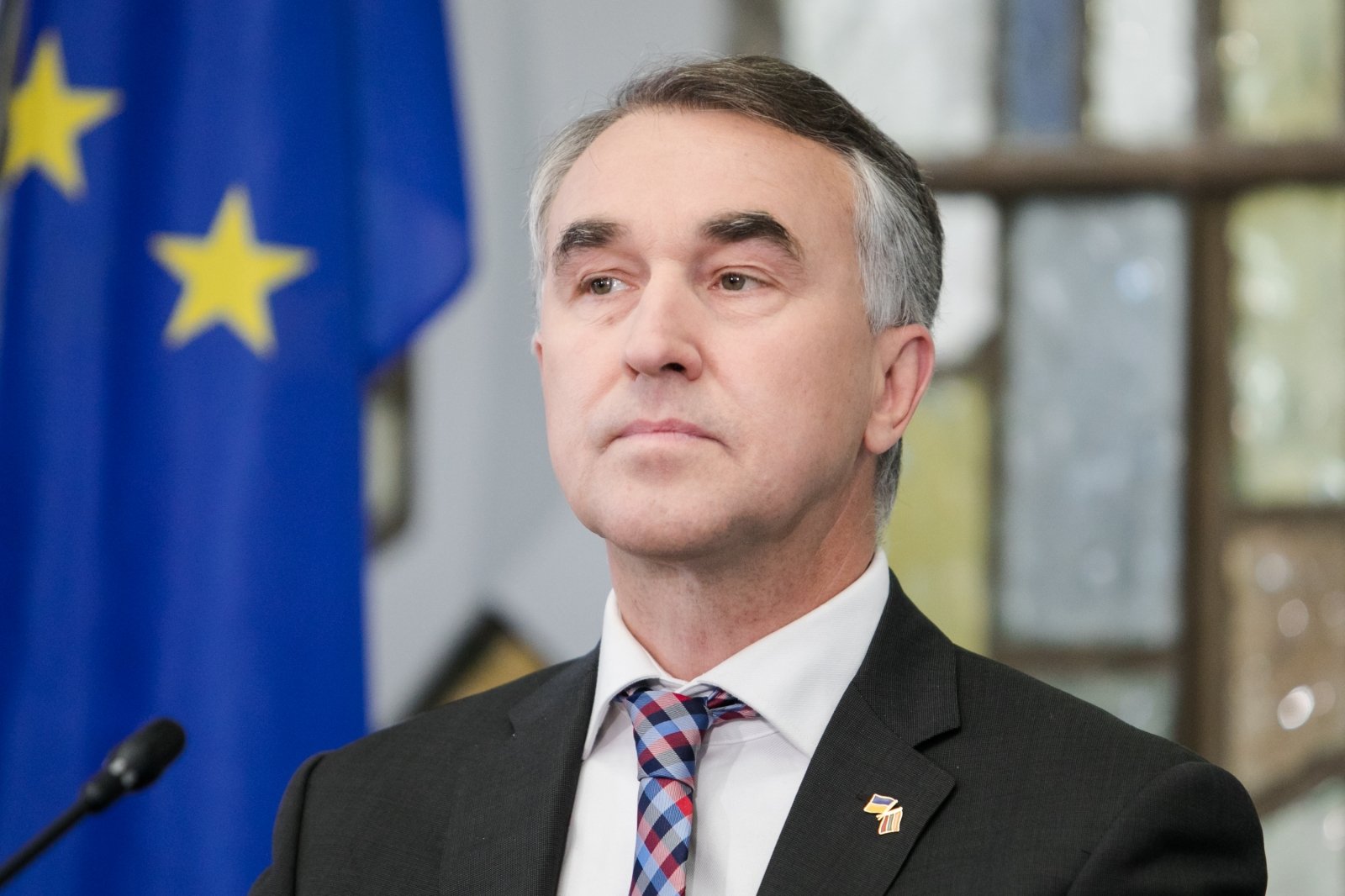
Petras Auštrevičius, MEP from Lithuania. Photo: DELFI
The MEP called for increased pressure on Russia, including the imposition of additional sanctions.
Meanwhile, Marie-Agnes Strack-Zimmermann of Germany, who has become the ambassador for 28-year-old Kateryna Korovina from Luhansk region, shared Kateryna’s story:
“Kateryna was abducted by FSB officers while walking to a pharmacy. She was sentenced to 10 years in a penal colony for a small donation to the Ukrainian Armed Forces. She was forced to confess and appear in a propaganda video. Despite this, she declared her innocence in court and, while in captivity, wrote a poem titled ‘Horror in My Home.’”
The MEP stressed the importance of recognizing the human stories behind each case:
“These victims have names. They are not anonymous. They deserve our attention just like anyone else. It’s vital that we keep talking about them.”
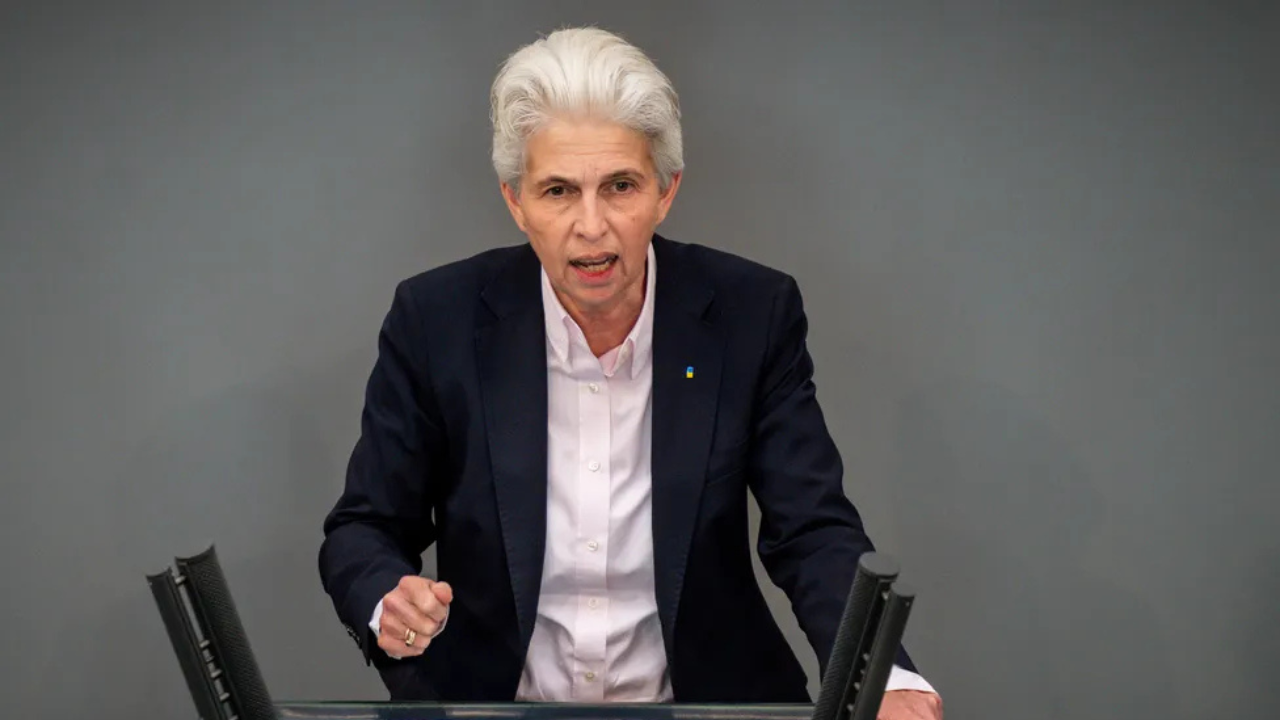
Marie-Agnes Strack-Zimmermann, MEP from Germany. Photo: DPA
The vote on the resolution will take place at the next session.
This publication was produced with the financial support of the Czech organization People in Need, as part of the SOS Ukraine initiative. The content of the publication does not necessarily reflect their views.


